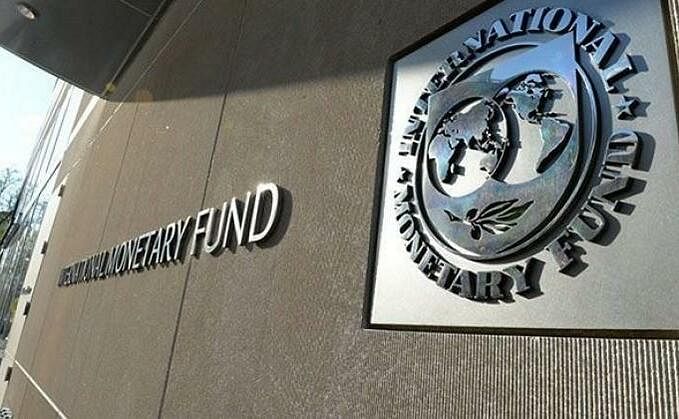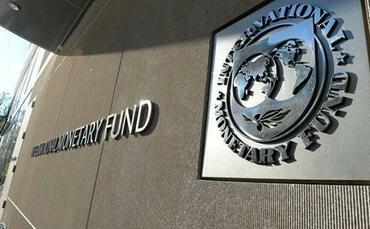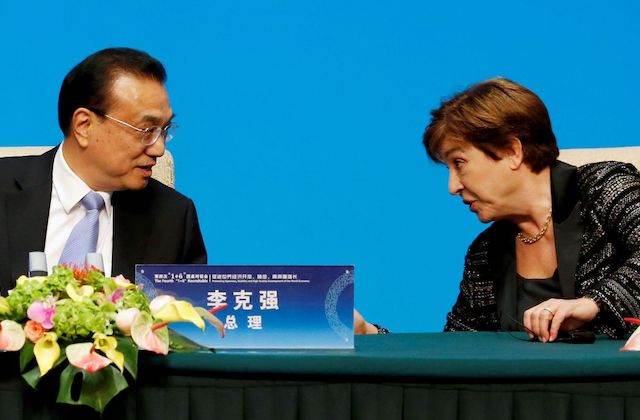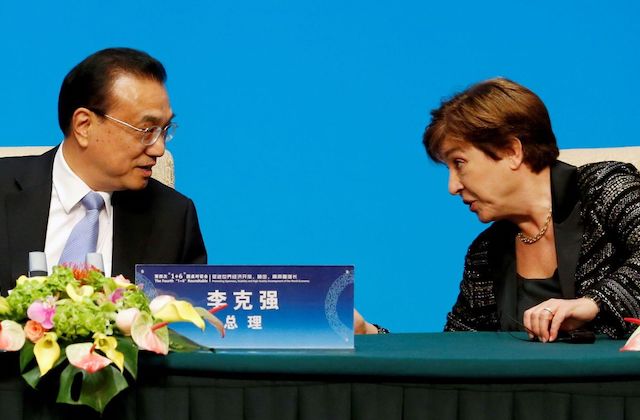beijingwalker
ELITE MEMBER

- Joined
- Nov 4, 2011
- Messages
- 65,191
- Reaction score
- -55
- Country
- Location
Japan may slip from IMF's No. 2 shareholder status, China's ratio will jump to 14.4 percent, US will slide to 14.8 percent under new formula
September 26, 2023 (Mainichi Japan)WASHINGTON (Kyodo) -- Japan may no longer be the International Monetary Fund's second-largest shareholder after maintaining the position for about three decades when the multilateral lender completes its quota reform by the end of this year, officials and documents suggested recently.
Using the current formula, based on economic power, Japan will most likely be overtaken by China and Germany. On the back of Japan's tepid economic growth and the yen's depreciation against the U.S. dollar and other major currencies, the officials said that the country is set to be ranked fourth.
The Japanese government has backed the idea of increasing the IMF's capital resources in closed-door negotiations, but insists on keeping the fund's current quota ratio, according to the officials, who spoke on condition of anonymity.
The IMF generally reviews its quotas at least every five years. The plan to increase the Washington-headquartered institution's funding is aimed at helping emerging and developing countries that are suffering from a shortage of money in the wake of the coronavirus pandemic and other issues.
In addition to deciding how much a given member needs to contribute, a quota largely determines its voting power in IMF matters. The IMF's previous capital increase was decided in 2010.
The institution, governed by 190 countries, is trying to finalize reform plans in December after a broad agreement coming next month when it and the World Bank hold their annual meetings in Marrakech, Morocco.
Currently, the IMF's largest shareholder is the United States, with 17.4 percent of all quota shares, followed by Japan with 6.5 percent and China with 6.4 percent.
According to the documents obtained by Kyodo News, if the current formula is used, China's ratio will jump to 14.4 percent, while that of the United States will slide to 14.8 percent.
Under a different calculation method based on each country's trade activity, the ranking order would be the United States, China, Germany, the United Kingdom and Japan.
With nominal gross domestic product as the criterion, Japan would secure the third spot behind the United States and China.
Japan has asked each member to increase its capital in a way that would not affect the current rankings, the officials said, adding that the United States, which wants to prevent China from having greater influence in the IMF, also urges capital increases without altering the present shareholding ratio.
China and other fast-growing countries, meanwhile, have demanded that the ratio reflect the sizes of their economies, and the negotiations have not yet settled down, according to the officials.
Until now, the ratio has been determined mainly in accordance with the size of the economy, largely using GDP figures. The IMF's previous capital increase took many years to be approved by the U.S. Congress and was finally implemented in 2016.

Japan may slip from IMF's No. 2 shareholder status - The Mainichi
WASHINGTON (Kyodo) -- Japan may no longer be the International Monetary Fund's second-largest shareholder after maintaining the position for about thr






